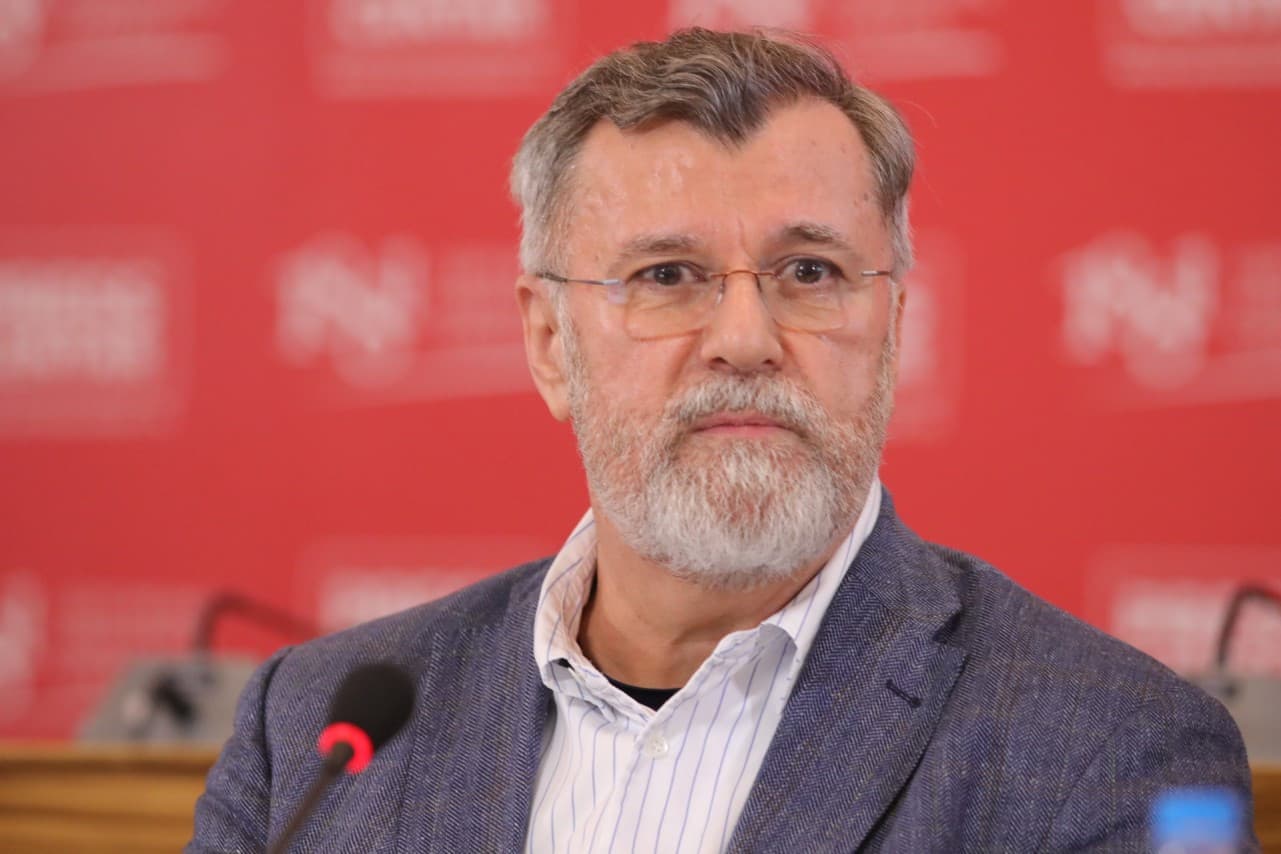Category
Latest News

ANEM demands an urgent response from the authorities regarding the shutdown of the media's Instagram account.
January 18, 2026

The Radar account on Instagram has been permanently disabled, and the editorial accounts of Nova have been temporarily suspended.
January 18, 2026

A new portal by Slavko Stijaković has been registered: He received funding for 117 projects for 30 media outlets in 2025.
January 18, 2026

ANEM ALARM: A journalist, Marko Dragoslavić, was followed by an unknown man who threatened him along the way, saying: "I will kill you."
January 18, 2026

Veran Matić: There has never been any genuine desire from the authorities for a functional REM Council.
January 17, 2026







